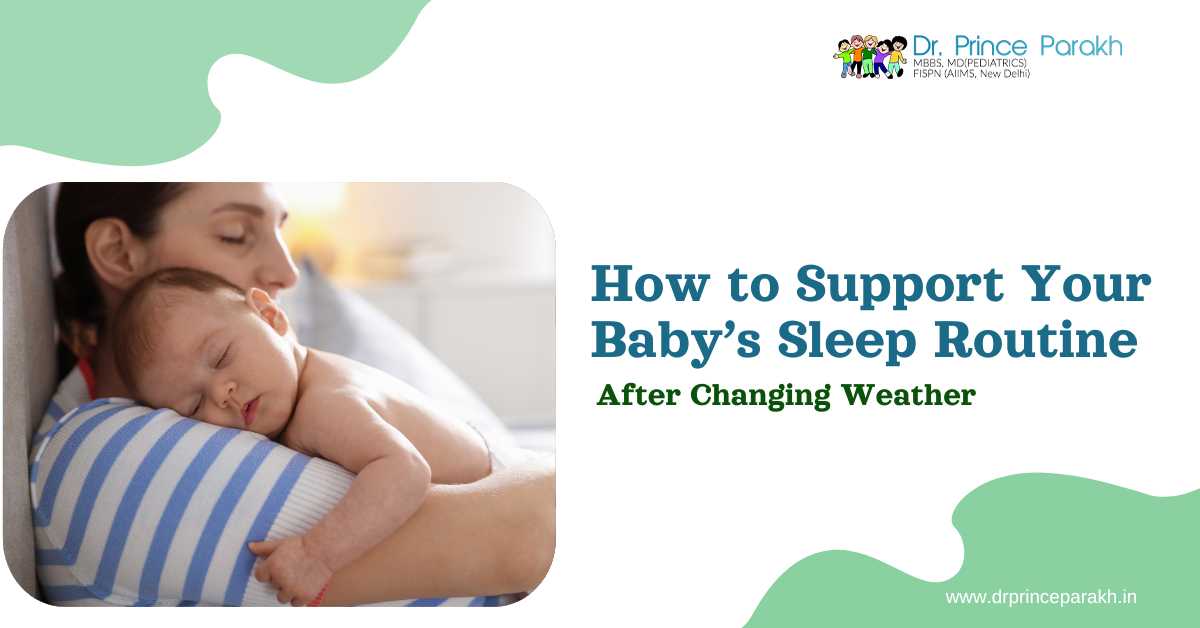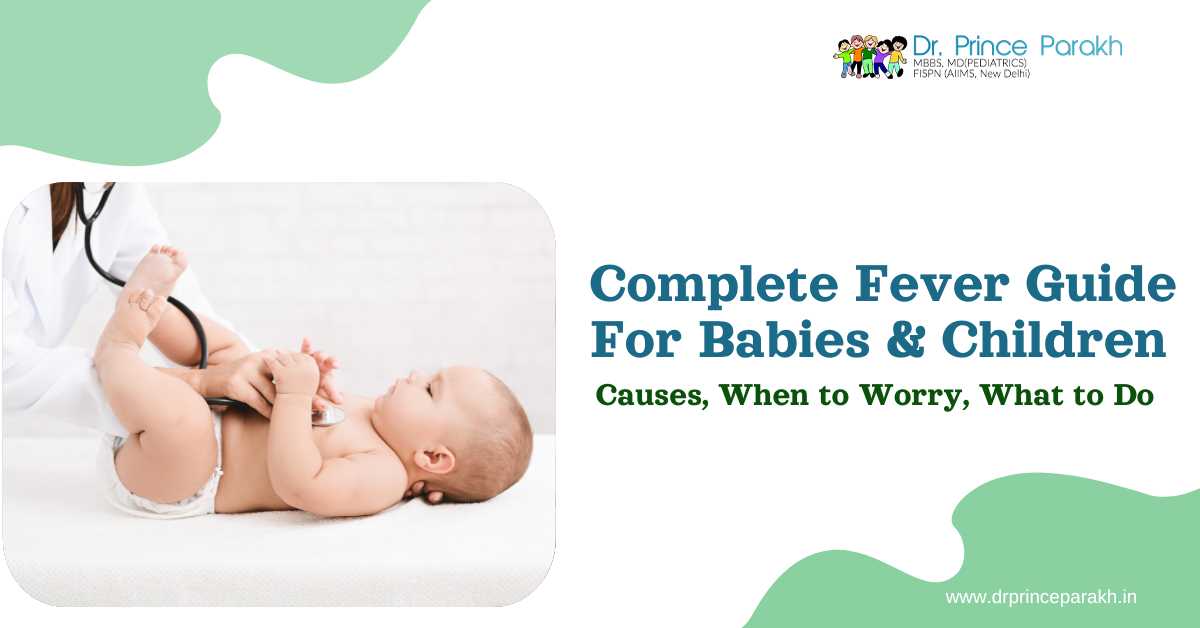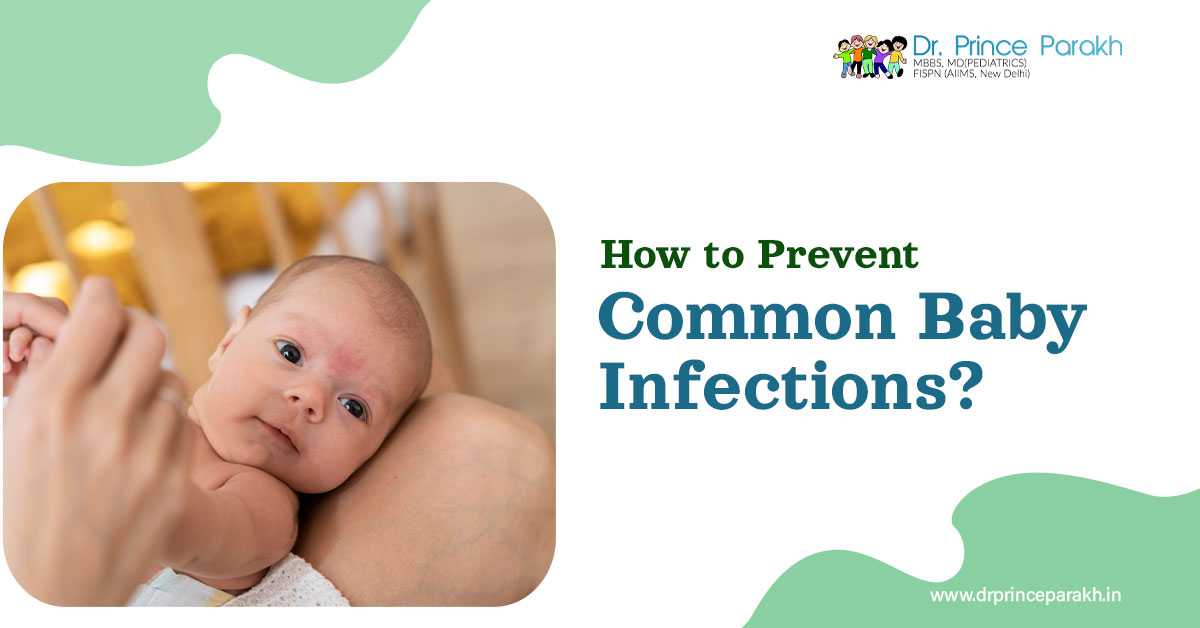1) My child suffers from frequent sneezing & nose blocks, which keeps happening round the year, especially when he/she goes for outdoor play. Why does that happen doctor?
Frequent sneezing and nose block are common symptoms of a condition called ‘Allergic rhinitis’. The symptoms may typically occur early in the morning when child can have bouts of sneezing. Some kids may also complain of itching in the nose, leading them to continuously keep rubbing their noses.
In some children symptoms are present only during certain seasons like summer and spring, specially the pollen season. Pollens act as allergens aggravating the symptoms. These children get symptoms when they are outdoors. Others may have year-round symptoms due to the allergens present in the house such as dustmite, animal fur, fungus,etc.
Symptoms may be mild or severe enough to affect day to day activities of the child. The symptoms may last either for few days in a week or may be present on most of the days.
2) Ok, so can this affect my other kid or even us too, as we all stay together? How does allergy happen?
Our body’s immune system is designed to fight infection and foreign matter entering into our bodies, called as ‘antigens’. Some antigens such as grass, weeds, pollen, moulds, animal fur, dust mites, etc induce allergic responses in our body, hence they are called as ‘allergens’. Due to this, our immune system releases certain chemicals such as IgE, histamine, etc. which cause redness and swelling of the inner lining of nose, causing an ‘inflammation’. This leads to the symptoms of runny nose, itching in the nose, sneezing, stuffiness and sometimes snoring.
Normally our nasal passage and the inner lining of the nose act like a filter to prevent the allergens from entering our lungs. It is important to treat allergic rhinitisin time to prevent complications like snoring, poor sleep, daytime fatigue, and reduced attention span.
Allergic rhinitis may also be associated with asthma, skin allergy (atopic dermatitis), nasal polyps (localised swelling in the nose), allergic conjunctivitis (redness and watering of eyes). This is because all these disorders have acommon geneticorigin.
It commonly starts from school age and more than one member of the same family may have allergic rhinitis or any other related allergic disorders. We must understand that allergic rhinitis is not contagious. This means you do not catch this if you are living in the same household.
3) So Doctor, what are the things that I must avoid or take care of to prevent this in my child?
You can take measures to reduce contact with allergens that can induce allergic symptoms; these are called as ‘triggers’.
Triggers can be present inside our house such as dust, incense sticks, kitchen smoke, fumes from mosquito coils, strong deodorants & perfumes, fungus over damp walls in the kitchen or washroom areas, etc. House dust mites maybe present on furry toys, furnishings, and beddings. One can become allergic to their droppings. The saliva from the pet animals such as dogs & cats gets on to their fur when they lick themselves. Contact with the dried saliva may cause allergic reaction.
One of the most important indoor trigger is cigarette smoke. Even passive smoking can cause much harm to the non-smokers, if there is a smoking member in the house.
Outdoor triggers such as pollen, certain weeds & grass, smoke from vehicles, construction activities, lighting of fire-crackers during ceremonies or festivals like diwali, use of colours in holi, etc can all act as triggers for any allergic disorders.
Households must be free from all smokes : Cigarette, kitchen, mosquito coils, incense sticks, etc.
Bathe pets regularly & get them treated for flees & other ecto-parasites. If pets can be avoided, that can be the ideal option.
Clean the bedcovers regularly in hot water. Avoid putting rugs or carpets.
Do not allow children to indulge too much in furry soft toys & wash them regularly. Clean all the hard surfaces with damp cloth.
Clean your refrigerator, air-conditioners, bathrooms, showers, doors, and windows regularly.
4) My neighbors told me that eating banana & curd can aggravate these symptoms. What dietary restrictions should I follow for my kid?
There are no dietary restrictions for allergic rhinitis. Your child can have all the foods he likes to eat, with the obvious exception of junk & processed foods - which should not be given to any child. It is important that your child takes a balanced diet. Giving seasonal fruits and vegetables helps boost the immune system as they contain micro-nutrients such and vitamins & minerals. They also contain anti-oxidants, which detoxify our bodies.
Very few kids may have an associated food allergy, where certain foods to which the child is sensitive must be avoided. However, decision to omit any foodstuffs must be taken by the child’s doctor after consultation with an allergy specialist.
Indiscriminate omission of foods from the child’s diet may actually hamper his or her growth and development.
5) When do I need to consult Doctor for these issues? Is it OK that I try some cold syrups or home remedies for some moretime?
If any of the following symptoms are present in your kid, you should see a doctor :
- Problems of itchy, runny or blocked nose and/or sneezing lasting for more than 4 days in aweek
- Infrequent symptoms but lasting for a month ormore
- Greenish-yellow nasaldischarge
- Child unable to sleep peacefully in night because of hissymptoms
- Child has to miss his school or unable to play with friends due to his problems
- Associated coughing, breathing difficulty or musical sounds fromchest
- Watery eye discharge withitching
- Bleeding fromnose
- Ear discharge orpain
- Change invoice
Cold syrups contain medicines and hence must not be taken by the parents themselves, without consultation with a doctor. Most of the times they just give relief from symptoms of rhinitis, temporarily. Similarly, home remedies might suppress symptoms for some time, giving a sense of relief, but they don’t treat the underlying basic problem (inflammation) which is causing allergy.
Hence, if any of the above mentioned, symptoms are present in your child, do consult a pediatrician, who will assess your child’s issue and suggest appropriate treatment.
6) Doctor, are there any tests to confirm this allergy in my kid?
Nose allergy is mostly suspected in presence of repeated symptoms of watery nose, itching, nasal block and sneezing. The chances of allergy in child increases if any of the parents or close first degree relatives are suffering from any type ofallergy.
There are two types of tests available to confirm allergy. First, specific immunoglobulin levels (IgE), can be measured in the blood, for which a blood sampling is needed. Results are usually available in 48 hours and many types of allergens can be detected. This test is costly and available at various commerciallabs.
The second type is a skin prick test, in which your child will be tested for allergens on his or her forearm. It is done by injecting small quantities of the allergens over the forearm and then reading for the responses after few minutes. This test is more economical and usually performed under your doctor’s supervision at his clinic
or hospital. Results are available within 20 minutes and you will likely come to know about cause of your child’s allergy.
Your doctor might ask you for a nose or sinus X-ray to see the extent and effects of allergy in yourchild.
However, we must remember that although these tests are available at commercial labs, we must not directly get these done, without proper consultation with the child’s pediatrician and an allergy specialist.
7) What will be the medication for this Doctor and for how long?
As the problem is mainly in the nose, it is better to give the medicine locally in the nose. The best medicine is nasal instillation of low dose steroids, given by a nasal spray. A minimum of 6-12 weeks duration is needed to control the symptoms adequately but sometimes your doctor might extend the treatment depending upon the response in your child. Other medicines such as local or oral anti-histaminics may be given for few days to control sneezing, itching or nasal discharge. They do not control the underlying inflammation, and are given along with intra-nasal steroids to provide early relief of symptoms, only for initial few days. Saline nasal washes can help in opening up of blocked nose and removal of accumulated mucus from the sinuses. Hot water steam, yoga and pranayama are also helpful in reducing the symptoms.
Along with these medicines, it is very important to remove or reduce the triggers from the child’s surroundings, which cause these allergic symptoms.
The treatment should be taken as per your doctor’s advice. If the cause of allergy is found after allergy testing, appropriate therapy can be taken from your allergy specialist.
8) Why do we need to give nasal spray Doctor? Can’t we give some syrups instead? I’m worried about the side-effects.
Nasal sprays are safer than oral medications. They act locally on the nose and hence the onset of action is very fast. Not much of the medicine is absorbed into the body, so it doesn’t reach other body organs. As the site of action is local, the dose of medicine required is also very small. Due to these reasons, there is no risk of any immediate or long term side-effects with the use of nasal sprays.
Oral preparations like syrups contain medicine in higher dosages, as they have to travel all the way upto the nose, once ingested and during this, much of the medicine is metabolised by the body. Oral medicines also reach other body organs via
the blood after absorption, where they are not needed, and hence tend to have more side effects as compared to nasal sprays.
Intranasal steroids are effective as well as safe choice in the treatment of allergic rhinitis.
9) Doctor, my mother told me that we don’t need to treat this so aggressively; as my kid grows up, this will regress. Is that true? Can anything go wrong if we neglect it?
As we have discussed earlier, allergic rhinitis is a part of group of allergic disorders, having strong genetic predisposition. Asthma, which is a disease of lower airways is also one such allergic disease. We all know that our lungs are connected to the exterior through airways in the chest, followed by throat & nose. So, all this is a single unit and allergy starting in the nose or throat can eventually land up affecting our airways. This means, if we neglect allergic rhinitis in our children, sooner or later there is a possibility, that these children may develop asthma. 4 in 10 children with allergic rhinitis are known to develop asthma, if not treated. Similarly, about 7 out of 10 asthmatics already have allergic rhinitis.
Hence, we must treat allergic rhinitis once it is diagnosed in our child.
10) Sir, can we have a permanent cure for my child? Any treatment which can just wipe this out?
Many children outgrow their allergic tendencies as they grow up and they may not have any symptoms as an adult. However, for this to happen, it is very important to seek medical advice in time when our child has symptoms of allergy and treat appropriately. Effective treatment is one option which can suppress the allergy and help our body’s process of naturally outgrowing the disease.
Another option is Immunotherapy. In this, after identifying the offending allergens, de-sensitisation of these allergens is done gradually over few weeks to months. This alters the natural course of disease and may suppress the disease permanently. Immunotherapy should be considered only after consulting an allergy specialist and understanding all the pros and cons of the therapy. It is done for selected cases and in trained hands at a dedicated centre.





